Yet another form of entertainment attracts younger generation with interactive experiences
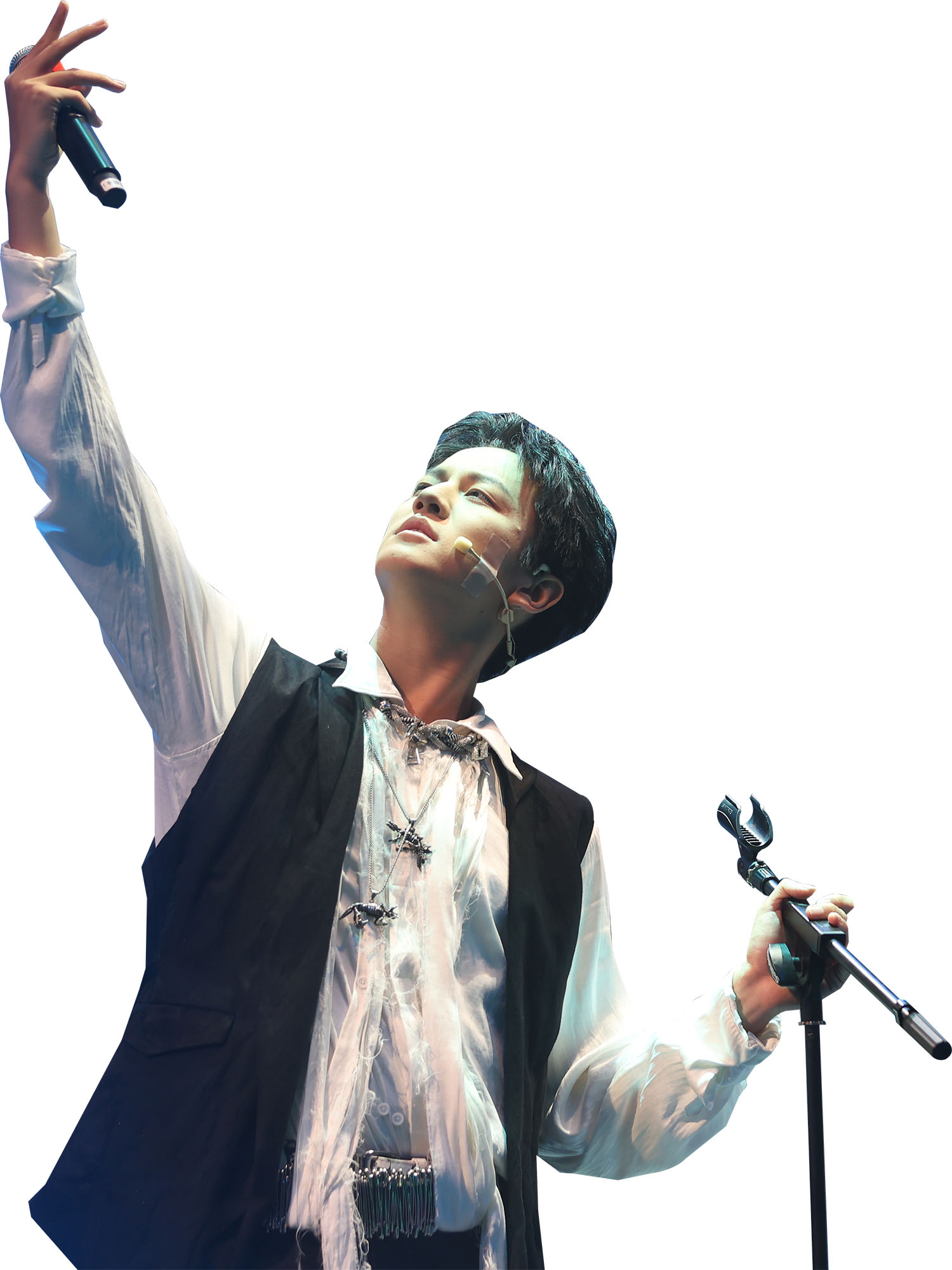
Immersive theater is quickly becoming the new frontier for entertainment in China — especially among young people — with ancient guild halls, shopping malls and industrial warehouses transformed to transport audiences to "other worlds".
Unlike traditional performances, in which theatergoers are passive observers, the audience is an integral part of an immersive show, and everyone has a role to play.
In the summer of 2025 (from July to August), there were 126,300 commercial performances — including immersive ones — nationwide, a 4.18 percent increase compared with the summer of 2024, according to the China Association of Performing Arts. Box office revenue reached about 15 billion yuan ($2.11 billion), a year-on-year rise of 3.9 percent. Audience attendance hit 42.2 million, marking a 5.17 percent increase from the previous year.
READ MORE: Immersive theater in China opens new worlds for audiences, industry
The Hangover, an immersive stage production by Mahua FunAge, a leading Chinese comedy production company, sold out every performance this summer.
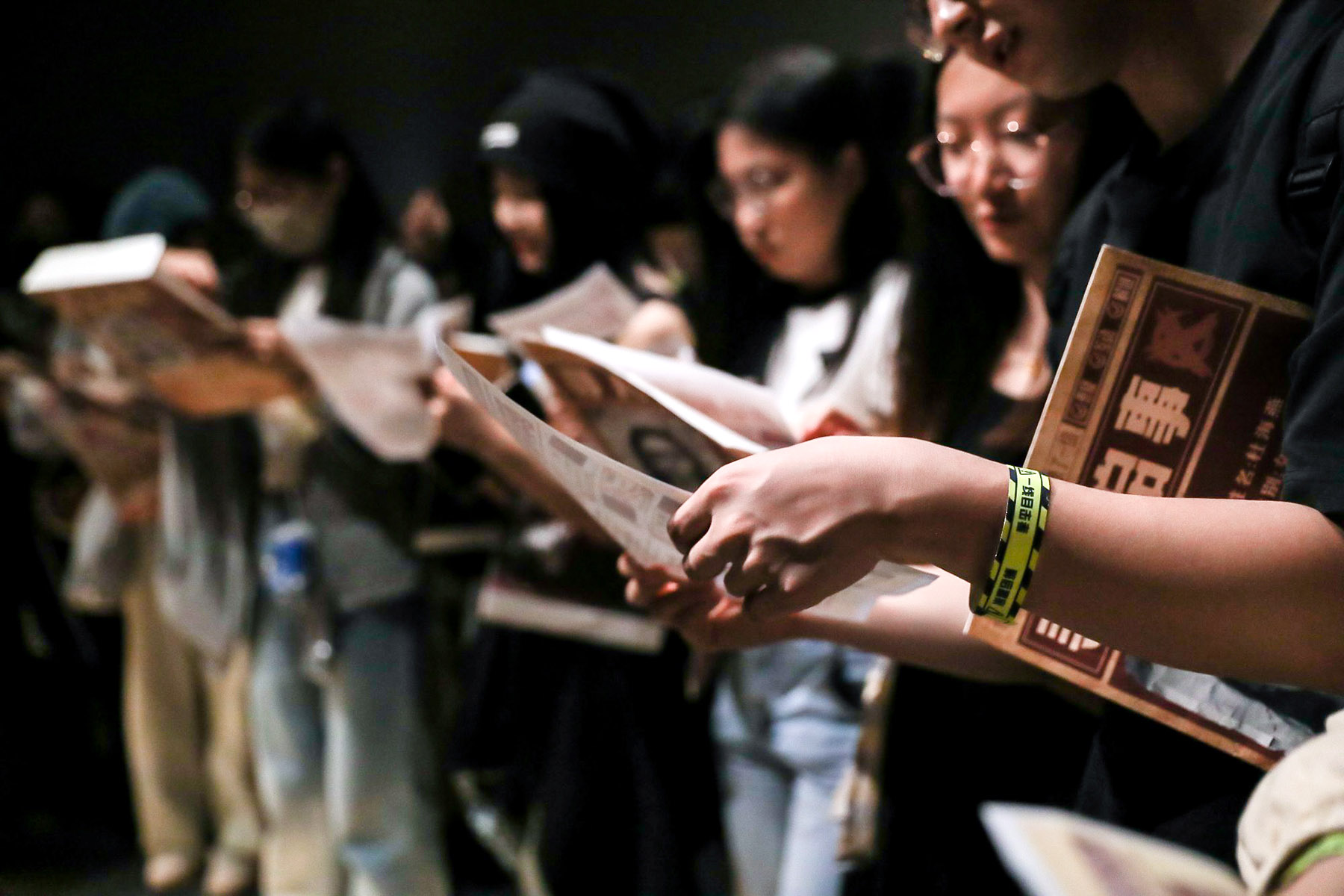
From the moment the audience members enter the venue named Hua Hua Land, in Beijing's Wangjing area, they become part of the action. There are no fixed seats and the audience members are free to roam, interact, and investigate the unfolding mystery from anywhere they like.
Actors move through the crowd, engaging with theatergoers in closeup exchanges. Every corner of the venue holds a clue, and every twist leads you deeper into the narrative.
"Stepping into the world of this immersive performance felt like being pulled into a thrilling escape room. The actors didn't just perform — they brought the story to life around us, making us part of the mystery," said one review by an audience member.
"With every clue we uncovered and every interaction with the cast, the line between audience and participant blurred, and I was completely immersed in the experience. It wasn't just a show — it was a journey I got to shape with my own hands."
Another audience member wrote: "From the moment we selected our teams to explore different paths, I knew this would be an extraordinary theater experience. The Hangover etched an unforgettable mark in my mind with its unique narrative charm and immersive stage design."
The reviewer added that "different rooms are not only pivotal scene transitions but also external expressions of the characters' psychological states".
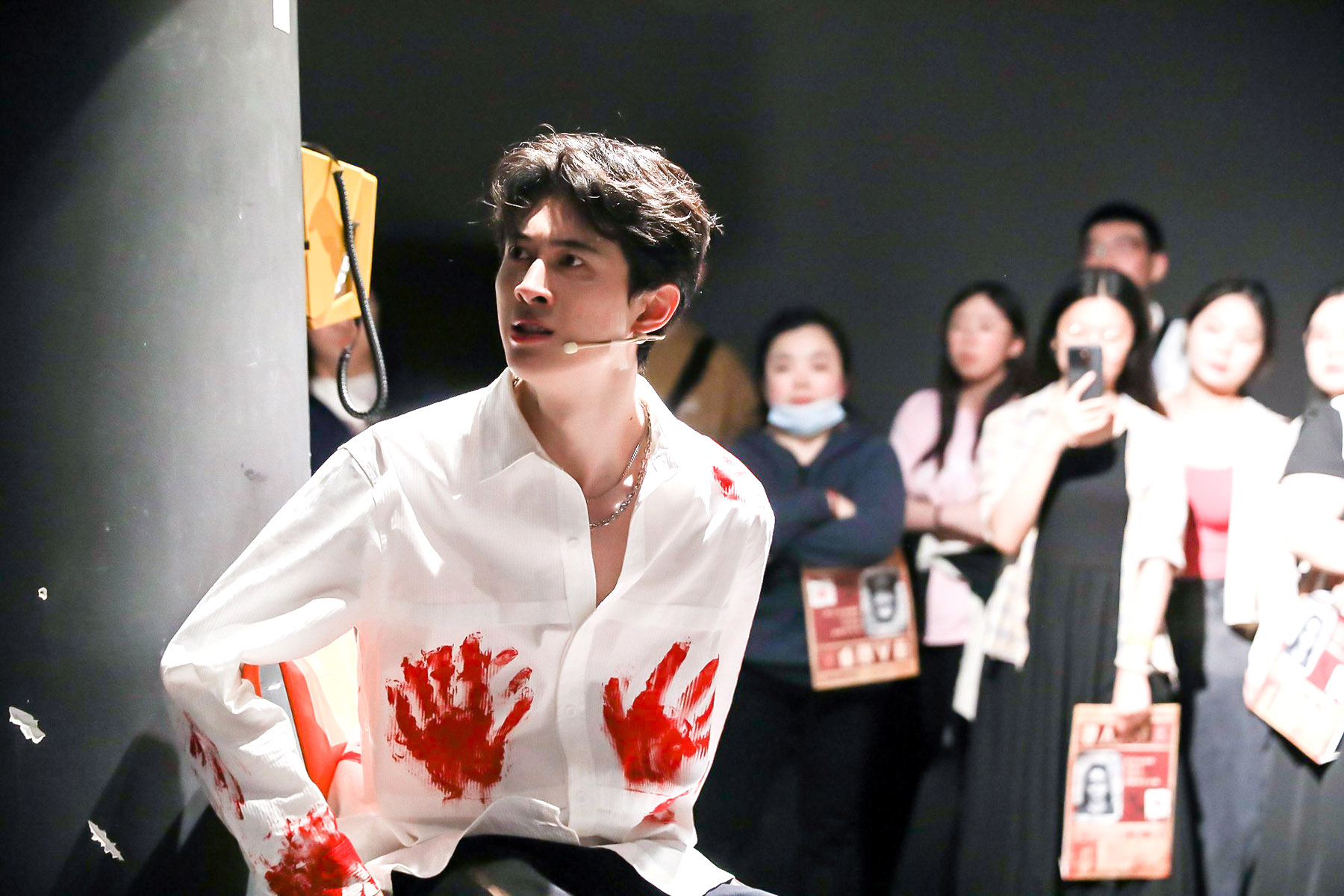
Changing attitudes
"Young people today want to express themselves more than ever," said Ma Yueshu, the general manager of the subsidiary of Mahua FunAge, and deputy general manager of Mahua FunAge Theater Line.
"They value individuality and expect more from their entertainment. They don't want to just watch — they want to be part of the story."
Since 2018, the company has embraced immersive theater as a way to engage with this emerging audience. In 2023, nearly two-thirds of the company's 13,000 shows were immersive experiences, a clear sign of the growing demand for interactive, participatory performances. The audience is encouraged to make decisions, interact with characters, and even shape the direction of the plot. So far, the company has staged around 20 immersive theater productions.
"We want to create a new form of social engagement. After the curtain falls, the audience members meet the actors, take selfies, and engage in personal interactions," she said.
Actors are trained to handle a range of audience reactions, ensuring that everyone feels included. Ma said the space in an immersive theater is often fluid and actors need to be comfortable navigating the set, which may not have a traditional stage front or a fixed performance area.
"Because audience members can react unexpectedly, actors need to be able to improvise and adapt quickly. It's essential to offer actors workshops or classes in improvisation to hone their skills in reacting to unscripted moments," she said.
What makes immersive theater even more appealing to younger audiences is the opportunities it provides to share their experiences and reviews on social media platforms — whether through photos, videos, or hashtags.
Whether it's posting a selfie with an actor or sharing a behind-the-scenes moment, the audience becomes the "promoter", creating a viral effect that amplifies the theater's reach, Ma said.
Traditional theater can sometimes feel distant for younger generations, particularly those raised with interactive and dynamic media like video games and social media.
Immersive theater, however, turns the audience from passive spectators into active participants. For many of them, it feels more like an adventure or social activity than just "watching a play", Ma said.
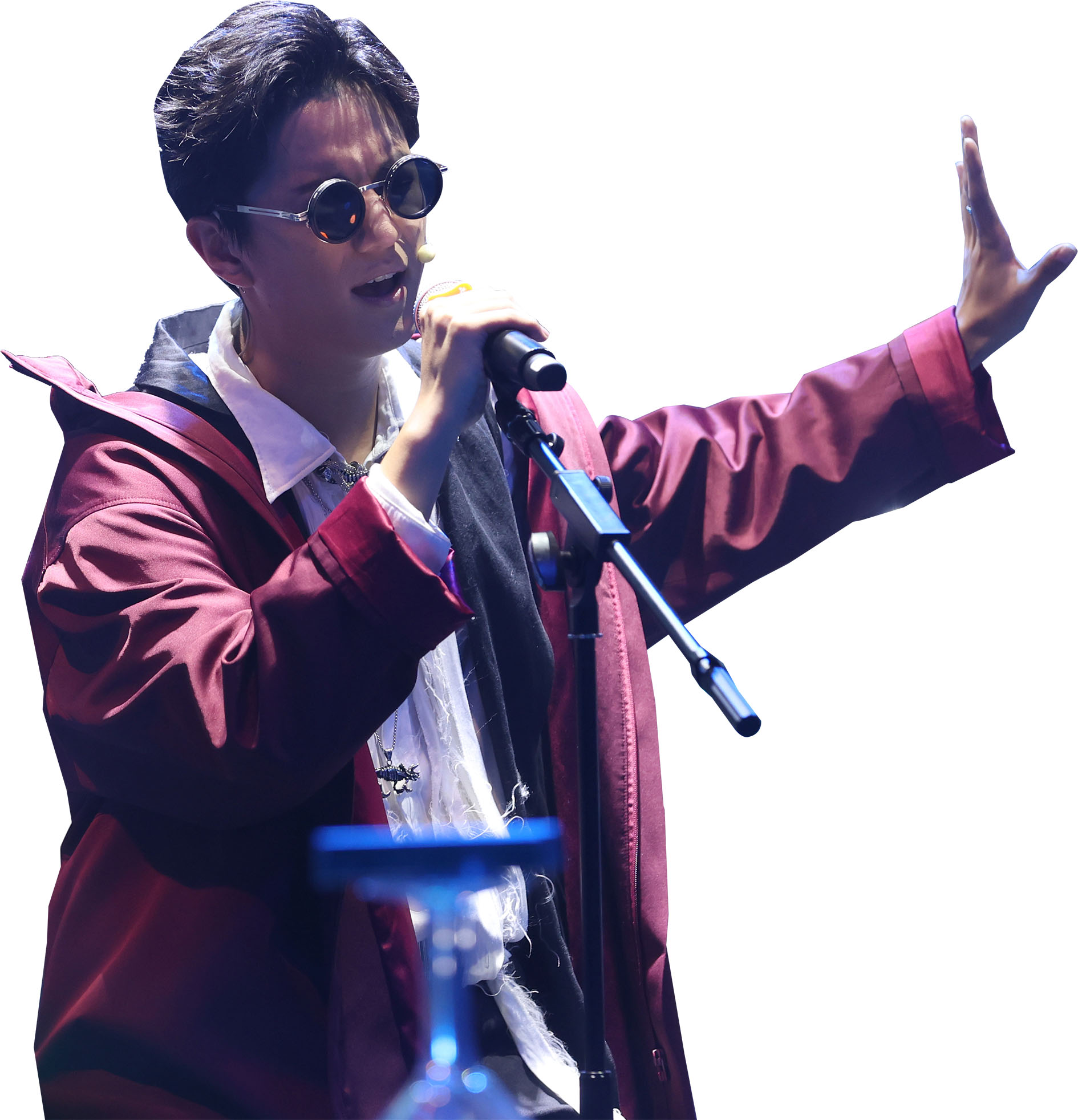
Breaking with tradition
One of the barriers traditional theater faces is the perception that it's "highbrow" or only for an elite group.
Immersive theater can break that perception. Its more casual, often interactive nature makes it feel accessible to a wider audience — particularly younger people, groups of friends, and those who might not normally consider themselves "theatergoers".
The integration of pop culture, modern themes, and a hands-on approach allows immersive theater to appeal to those who might see traditional theater as outdated or intimidating.
"Immersive theater is often performed outside traditional venues, sometimes in unconventional spaces like warehouses, outdoor locations, or repurposed buildings. This makes it accessible to wider audiences who may not typically frequent traditional theaters," said director Li Zhuoqun.
One of the defining features of immersive theater is its potential to create community experiences.
Whether it's by solving puzzles together, making collective decisions, or simply sharing the experience of being involved in the story, immersive theater fosters a sense of belonging and shared excitement.
"For many people, immersive theater offers the chance to step outside their everyday life and immerse themselves in a world of fantasy, mystery, or excitement," said Li. "People enjoy the novelty of stepping into a world that challenges their perceptions and allows them to be part of the action."
Li studied drama literature at the National Academy of Chinese Theater Arts and then obtained a master's in theater directing. After graduating, in 2011 she joined the Jingju Theater Company of Beijing as a scriptwriter and director.
Most of her productions have been traditional Chinese operas. In recent years, she made her directorial debut in musicals and dramas, which expanded her fan base.
Early this year, Li directed an immersive musical production Till We Meet Again, which blends the timeless artistry of Peking Opera with the emotive power of music.
Instead of a traditional musical theater, the production was staged at Huguang Huiguan, or Huguang Guild Hall in Beijing, a complex of buildings over 200 years old, tucked away in a downtown hutong area.
Infused with a contemporary twist, the show integrated modern musical elements, such as electronic beats and jazz, bringing a fresh energy to the performance and appealing to both traditionalists and younger audience members.
With its courtyards and halls filled with wooden beams and intricate carvings, the guild hall is most famous for its center stage, where Peking Opera masters such as Mei Lanfang (1894-1961), Tan Xinpei (1847-1917) and Yu Shuyan (1890-1943) once performed.
"Besides interaction with performers, the audience is invited not only to witness a performance but to be part of a larger cultural dialogue. Before and after the show, they can visit the venue, which is also a museum displaying old photos, vinyl records of Peking Opera stars, and historic documents about Peking Opera," said Li.
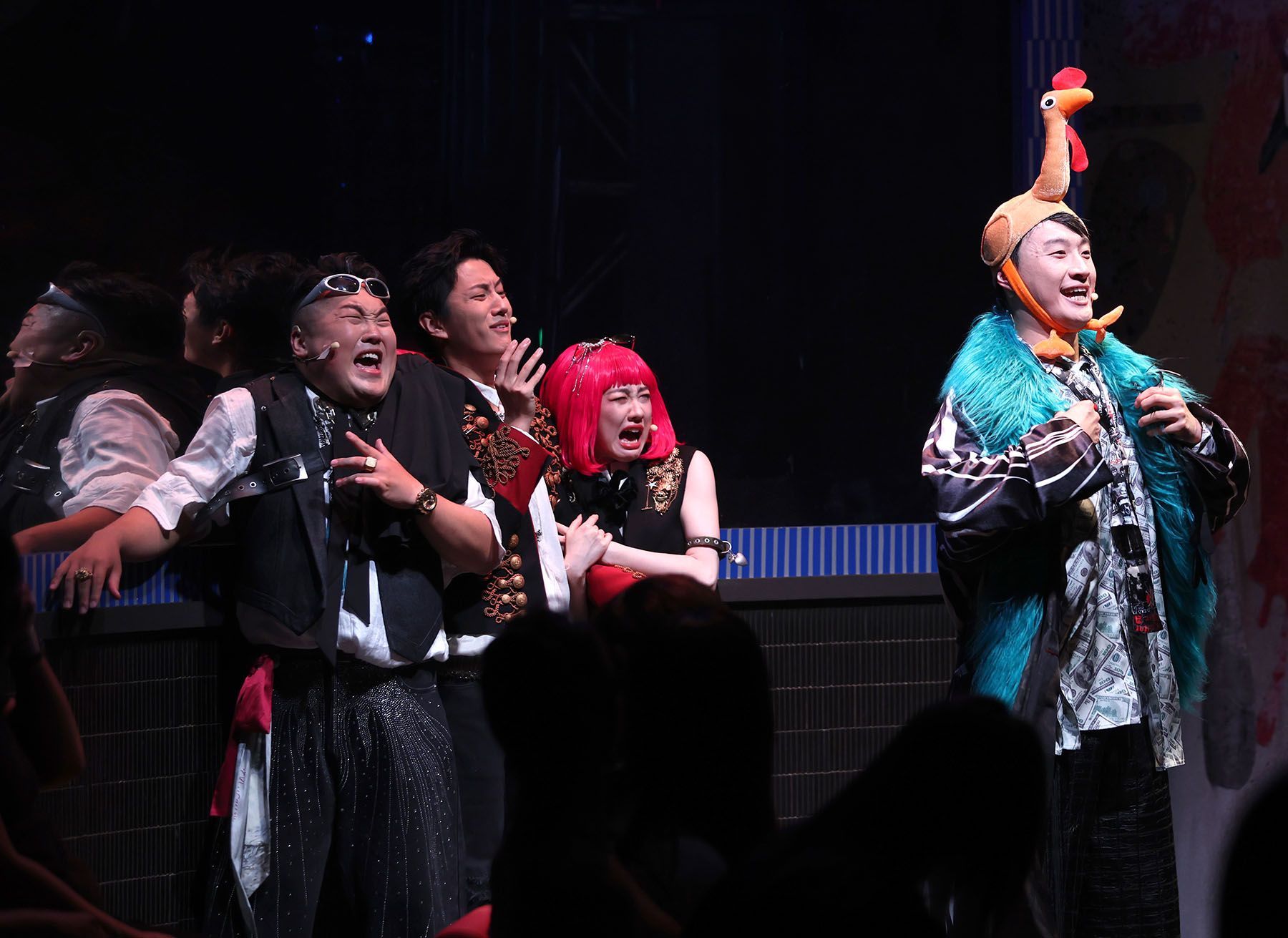
Hybrid entertainment
Immersive theater offers a much-needed escape and a place to relieve pressure, but not in the way that traditional theater does, said Zhang Xiao, a theater director, whose new production, Hamlet 1001, premiered in Beijing's 77 Theater on Sept 12.
"Rather than offering a passive break from reality, immersive theater immerses audiences in another world, one where they can actively participate, make choices, and influence outcomes. For young people, who grow up with video games and social media and are used to being in control of their online personas and experiences, this is the ultimate form of entertainment — an experience that puts them at the center of the action," Zhang said.
When audience members step into the theater to spend a night with Hamlet 1001, it's hard to tell whether they've entered a theater or a lively bar. The modern, stylish decor, dazzling lights, and energetic music give off a vibrant nightlife vibe, where they can even raise a glass and enjoy a drink. In this version of Shakespeare's play Denmark is not a country, but a drinking hole.
"It gives them more than just a night out — it gives them an opportunity to experience, influence, and share in a social and participatory form of storytelling that is perfectly suited to the digital age," he said.
Zhang's previous two productions of the Detective Zhao Gan'e series, which premiered in 2023 and 2024, were two of the director's most successful immersive theater productions. The two productions have been staged nationwide with more than 600 shows, attracting around 60,000 audience members.
With a traditional theater background, Zhang's first experience with immersive theater was in 2014 when he was pursuing his master's degree as a theater director at the Central Academy of Drama in Beijing. He directed a short play in a tranquil courtyard at Lao She's former residence in Beijing's Dongcheng district, to commemorate the renowned writer.
"I can still vividly recall when the actors moved among the audience in the courtyard, said Zhang. "The audience members' eyes followed their acting. It went beyond the art of storytelling — it became an experience to remember without a grand stage, dazzling stage set and fancy costumes. The blend of physicality, playfulness, and unpredictability of immersive theater is something that resonates strongly with audiences."
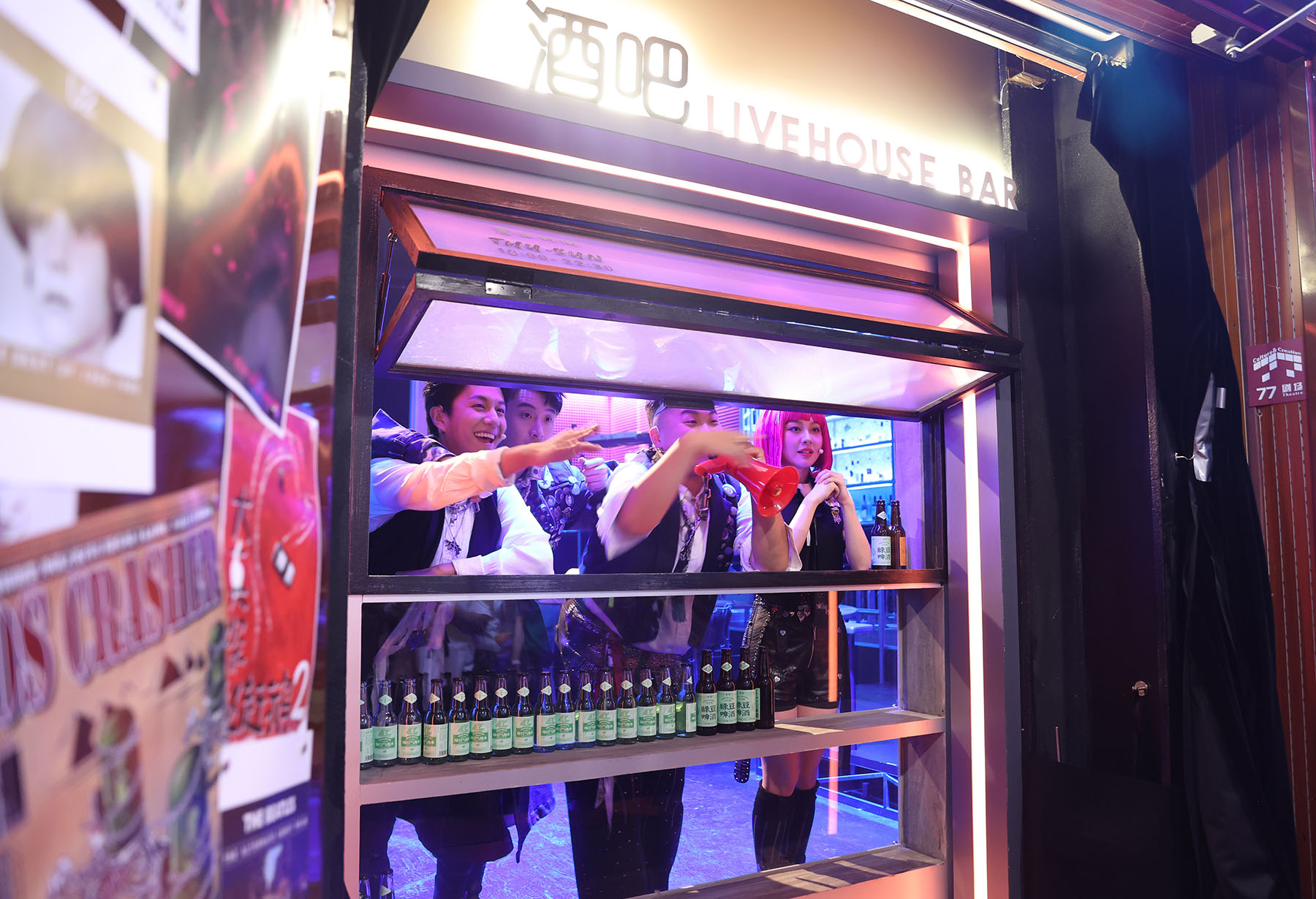
In Hamlet 1001, 30-year-old Mao Leier plays the manager of the bar, which is facing bankruptcy. From the moment the audience enters the theater, he engages with them, introducing them to the space and the story.
"As an actor, I was trained to perform in traditional theaters, where the ceiling is high, the distance between the stage and the audience is far, and all I needed to focus on was my character. However, now, I have to change my mindset, which is exciting yet challenging," said.
Liu Hao, 30, plays the role of a director who hopes to save the bar by staging a musical based on the story of Hamlet.
"Immersive theater often combines different art forms, such as music, dance, technology, visual arts, and even gaming elements. With Hamlet 1001, we have nine songs. This is the first time that I've sung onstage," Liu said.
ALSO READ: Curtain up for scene of enthusiasm
He said the eclectic mix broadens the performance's appeal to audiences who might be interested in one of these elements but not necessarily in traditional theater. "This hybrid form of entertainment attracts a broader demographic, from tech enthusiasts to music lovers, dance aficionados, and those who appreciate innovative stage design," he said.
Liu, a graduate of the Central Academy of Drama, performed in Zhang's Detective Zhao Gan'e series in which he played multiple roles. He frequently changed costumes and interacted with the audience, which challenged him physically.
"Whether through eye contact, physical proximity, or spoken lines, engaging with the audience is essential for immersive theater. We need to keep the balance between maintaining character consistency and adapting to spontaneous audience responses. It feels like a whole new experience not only for the audience but also for us, actors," he added.
Contact the writers at chennan@chinadaily.com.cn



